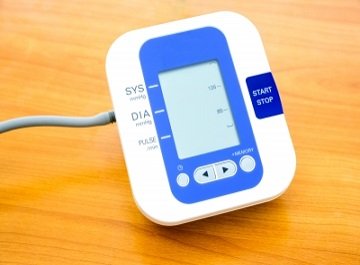Now, an economical medical testing device
August 15, 2014 | Friday | News | By BioSpectrum Bureau
Now, an economical medical testing device
device is in field trials in India and costs about $25 to produce
Harvard researchers have created an inexpensive detector that can be used by healthcare workers in the world's poorest regions to monitor diabetes, detect malaria and discover environmental pollutants.
The device is in field trials in India. It costs about $25 to produce, weighs just two ounces, and is about the size of a pack of cigarettes. "We designed it to be as close as possible to a glucose meter, because that's familiar to people," said Mr Alex Nemiroski, a postdoctoral fellow in the lab of Flowers University Professor George Whitesides and lead author of a paper, released in the Proceedings of the National Academy of Sciences, describing the work. He added, "There are two buttons. Select the test and press 'go.' It should be a no-brainer."
Mr Nemiroski and colleagues in Whitesides' Lab, the Wyss Institute for Biologically Inspired Engineering, the Kavli Institute for Bionano Science and Technology, Harvard's School of Engineering and Applied Sciences, and the University of Oviedo, Spain, worked on the device for nearly three years. He has turned the device over to entrepreneurs interested in commercializing the technology.
Mr Whitesides said, "Our work had three objectives - to make a technologically versatile, hand-held electrochemical reader that was inexpensive and rugged; to demonstrate methods of programming and using this device to do a range of assays relevant in public health, diagnostics in resource-limited environments, and testing for safety and quality of water, food, and other health-related materials; and to make the information provided by the analysis easily uploadable to the Web over even low-end cellphones."
In creating the device, Mr Nemiroski collaborated with experts in chemistry, biology, and other fields.
Mr Nemiroski focused on an electrochemical detector, which measures the voltage or current generated in liquids for characteristic signatures of the liquid's contents. For example, by applying a small amount of electricity to a drop of blood mixed with a reagent, the device can gauge glucose levels. The same goes for heavy metals in water, malaria antigens in blood, and sodium in urine.
He has sent off five units to be field tested in India, and is already at work on the next generation of the device, which will have more features and be able to conduct more tests. "I'm really proud of the work and really proud of the team," He said. "I think there's a real need, and I think this is a real solution," he concluded.









